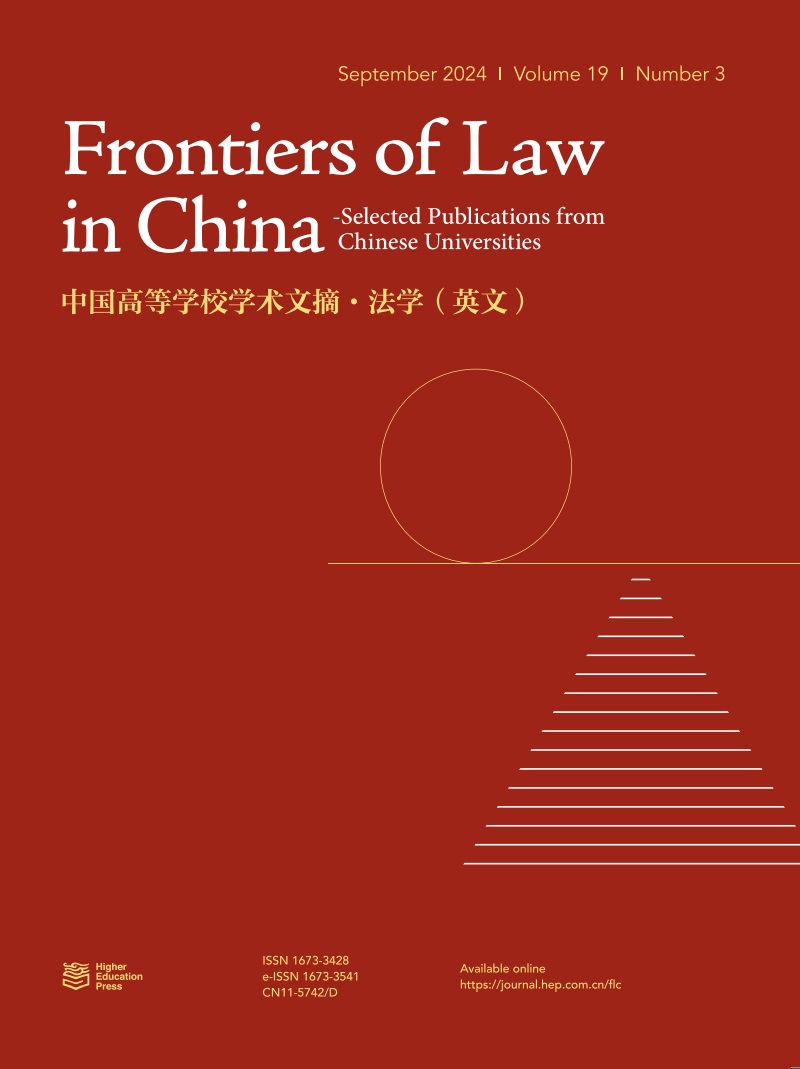当前国际民用航空法解释中的法律问题
IF 0.1
4区 社会学
Q4 LAW
引用次数: 0
摘要
国际民用航空法的进展主要基于两个来源:《国际民用航空公约》(《芝加哥公约》);国际民用航空组织(民航组织)大会通过的各项决议。这两个来源产生了《公约》附件形式的辅助性指导和涉及国际民用航空的各种主题的手册。但是,这两种来源之间没有紧密的联系,民航组织也没有正式承认大会决议的法律地位,尽管民航组织每届大会都以单调的规律通过这些决议。除了这个难题之外,《公约》本身的解释缺乏明确性,这使民航组织理事会有权通过《公约》的附件(根据《公约》为方便起见而这样命名),同时取消了成员国遵守附件中所载标准的任何法律义务。本文在条约法的背景下讨论了国际民用航空法的性质,并考察了国际民航组织大会通过的《芝加哥公约》和决议的解释所产生的法律问题。本文章由计算机程序翻译,如有差异,请以英文原文为准。
Current Legal Problems in Interpreting International Civil Aviation Law
The progress of international civil aviation law is anchored on two main sources: The Convention on International Civil Aviation (Chicago Convention); and Resolutions adopted by the Assembly of the International Civil Aviation Organization (ICAO). These two sources give rise to subsidiary guidance in the form of Annexes to the Convention and manuals on various subjects that address international civil aviation. However, there is no cohesive link between the two sources as well as there being no formal recognition by ICAO of the legal status of Assembly Resolutions, although such resolutions are adopted at each ICAO Assembly with monotonous regularity. Added to this conundrum is the lack of clarity in the interpretation of the Convention itself, which empowers the Council of ICAO to adopt Annexes to the Convention (which, according to the Convention are so named for convenience) while at the same time taking away any legal obligation of the member States to adhere to the Standards contained in the Annexes. This article discusses the nature of international civil aviation law against the backdrop of treaty law and examines the legal issues that arise from the interpretation of the Chicago Convention and Resolutions adopted by the ICAO Assembly.
求助全文
通过发布文献求助,成功后即可免费获取论文全文。
去求助
来源期刊

中国法学前沿
LAW-
CiteScore
0.20
自引率
0.00%
发文量
398
期刊介绍:
Frontiers of Law in China seeks to provide a forum for a broad blend of peer-reviewed academic papers of law studies, in order to promote communication and cooperation between jurists in China and abroad. It will reflect the substantial advances that are currently being made in Chinese universities in the field of law. Its coverage includes all main branches of law, such as jurisprudence, constitutional jurisprudence, science of civil and commercial law, science of economic law, science of environmental law, science of intellectual property, science of criminal justice, science of procedural law, science of administrative law, science of international law, science of legal history, science of history of legal thoughts, etc.
 求助内容:
求助内容: 应助结果提醒方式:
应助结果提醒方式:


